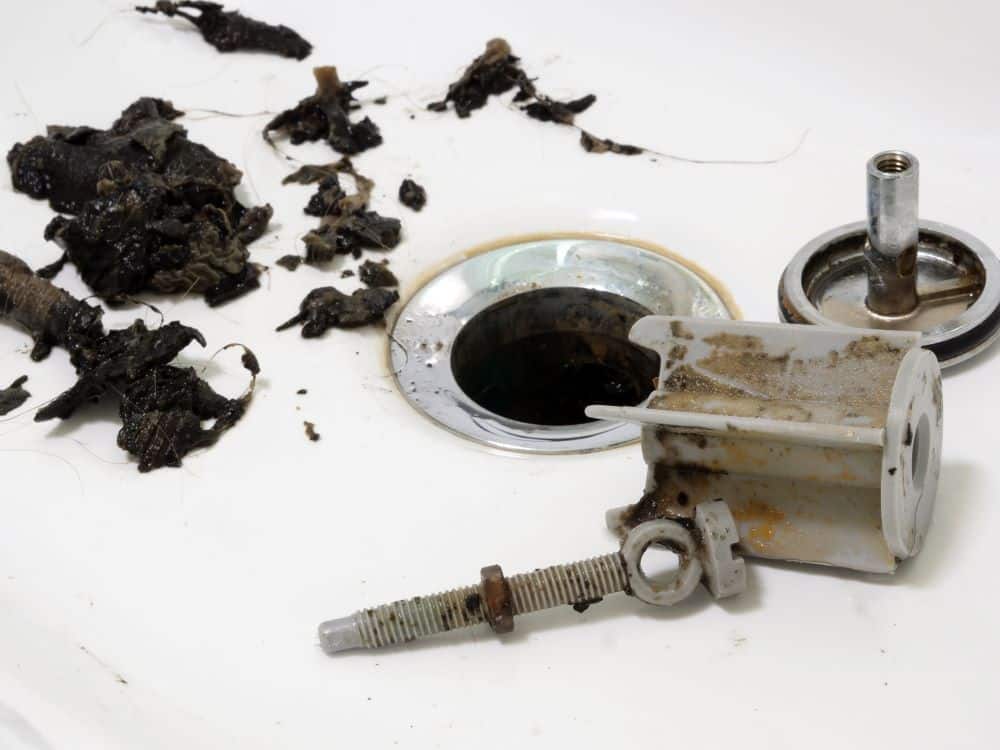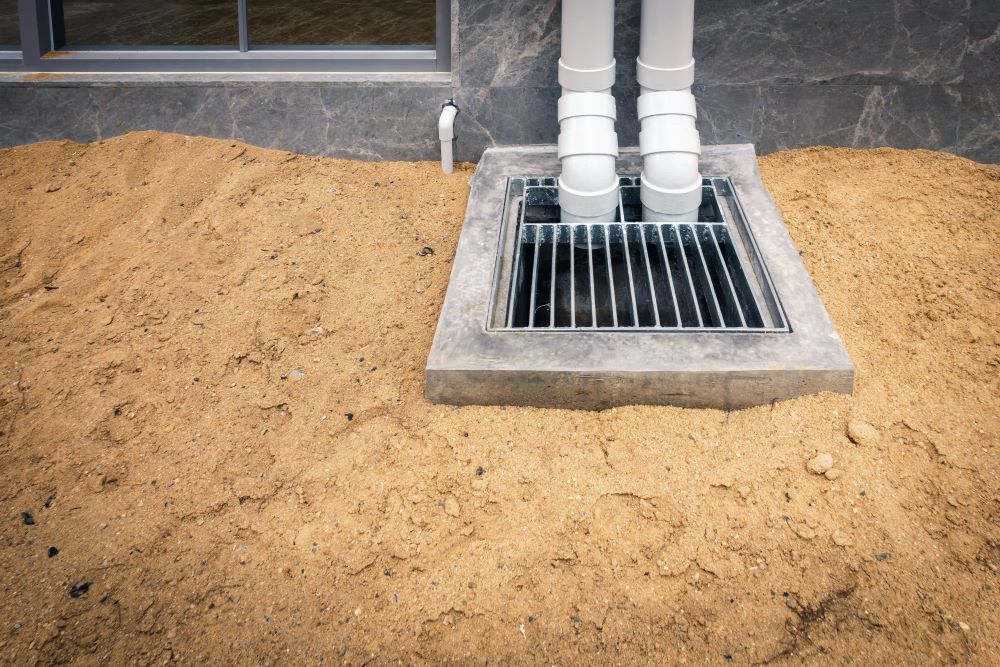Understanding New Zealand’s plumbing code is crucial for any homeowner. It outlines the standards and regulations that govern the installation, maintenance, and repair of plumbing systems in the country. Failure to comply with the code can result in serious consequences, including fines, property damage, and potential health hazards.
What is the Plumbing Code?
The plumbing code is a set of rules and guidelines developed by regulatory bodies, such as the Building and Housing Ministers’ Advisory Committee (BHAMAC), to ensure that plumbing systems are safe, efficient, and environmentally friendly. It covers a wide range of topics, including water supply, wastewater disposal, plumbing fixtures, gas plumbing, and drainage systems.
The plumbing code is updated regularly to reflect changes in technology, materials, and best practices. Homeowners need to stay informed about the latest revisions to ensure compliance.
Key Provisions of the Plumbing Code
Water Supply: The plumbing code sets standards for the quality, pressure, and quantity of water supplied to homes. It also emphasises the importance of water conservation measures, such as using water-efficient appliances and fixtures.
- Water Quality: The code specifies the maximum allowable levels of contaminants in drinking water, including bacteria, chemicals, and minerals.
- Water Pressure: The code establishes the minimum and maximum water pressure requirements for residential properties. Adequate water pressure is essential for proper functioning of plumbing fixtures and appliances.
- Water Quantity: The code ensures that there is sufficient water supply to meet the needs of residents. This includes considering factors such as population growth, climate change, and water scarcity.
- Water Conservation: The code promotes the use of water-efficient fixtures, such as low-flow toilets and showerheads, to reduce water consumption. It also encourages homeowners to adopt water-saving practices, such as fixing leaks and minimising water usage during peak hours.
Wastewater Disposal
The code regulates the treatment and disposal of wastewater. Homeowners may be required to have a septic tank or connect to a municipal sewer system. Proper maintenance of these systems is essential to prevent pollution and health hazards.
- Septic Tanks: The code specifies the design, installation, and maintenance requirements for septic tanks. Septic tanks are used to treat wastewater on-site, and they must be properly inspected and pumped regularly to prevent backups and contamination.
- Municipal Sewer Systems: The code outlines the regulations for connecting to and using municipal sewer systems. These systems are typically maintained by local councils, and homeowners must comply with their rules and regulations.
Plumbing Fixtures
The code specifies the requirements for plumbing fixtures, such as toilets, sinks, and showers. It also promotes the use of water-efficient fixtures to reduce water consumption.
- Toilets: The code sets standards for the water consumption of toilets. Newer models are typically more water-efficient than older ones.
- Sinks: The code specifies the size and type of sinks that can be used in different areas of the home.
- Showers: The code requires showerheads to meet certain flow rate standards to reduce water consumption.

Gas Plumbing
The code outlines the regulations for the installation and use of gas appliances. Gas leaks can be dangerous, so it is important to have gas lines inspected regularly by a licensed plumber.
- Gas Installations: The code specifies the requirements for gas piping, fittings, and appliances. Gas lines must be properly installed and tested to ensure safety.
- Gas Inspections: Gas appliances and systems should be inspected regularly by a licensed plumber to detect and prevent leaks.
- Gas Safety: Homeowners should be aware of the signs of a gas leak, such as a strong odor, hissing sounds, or a burning sensation around the nose or mouth. If you suspect a gas leak, evacuate the premises immediately and call emergency services.
Drainage Systems
The code covers the design and installation of drainage systems, including storm water and wastewater drains. Proper drainage is essential to prevent flooding and other water damage.
- Storm Water Drainage: The code requires that storm water be managed in a way that prevents flooding and erosion. This may involve the installation of storm water drains, swales, or detention ponds.
- Wastewater Drainage: The code specifies the requirements for wastewater pipes and fittings. These systems must be properly installed and maintained to prevent backups and leaks.
Understanding Your Responsibilities as a Homeowner
As a homeowner, you are responsible for ensuring that your plumbing system complies with the plumbing code. This includes regular inspections, maintenance, and repairs. Failure to comply can result in fines, legal action, and property damage.
It is recommended to hire a licensed plumber to perform plumbing work. Licensed plumbers are trained and certified to meet the requirements of the plumbing code.
Tips for Homeowners
- Regular Inspections: Have your plumbing system inspected annually by a licensed plumber.
- Maintenance: Keep your plumbing system in good condition by performing regular maintenance tasks, such as cleaning drains and replacing worn-out parts.
- Water Conservation: Use water-efficient appliances and fixtures to reduce your water consumption.
- Gas Safety: Have your gas lines inspected regularly to detect and prevent leaks.
- Drainage Maintenance: Keep your drains clear of debris to prevent clogs and backups.
- Plumbing Emergencies: If you experience a plumbing emergency, such as a burst pipe or sewage backup, contact a licensed plumber immediately.
Understanding and complying with New Zealand’s plumbing code is essential for homeowners. By following the guidelines and regulations outlined in the code, you can help ensure the safety, efficiency, and sustainability of your plumbing system. If you have any questions or concerns, consult with a licensed plumber for expert advice.
